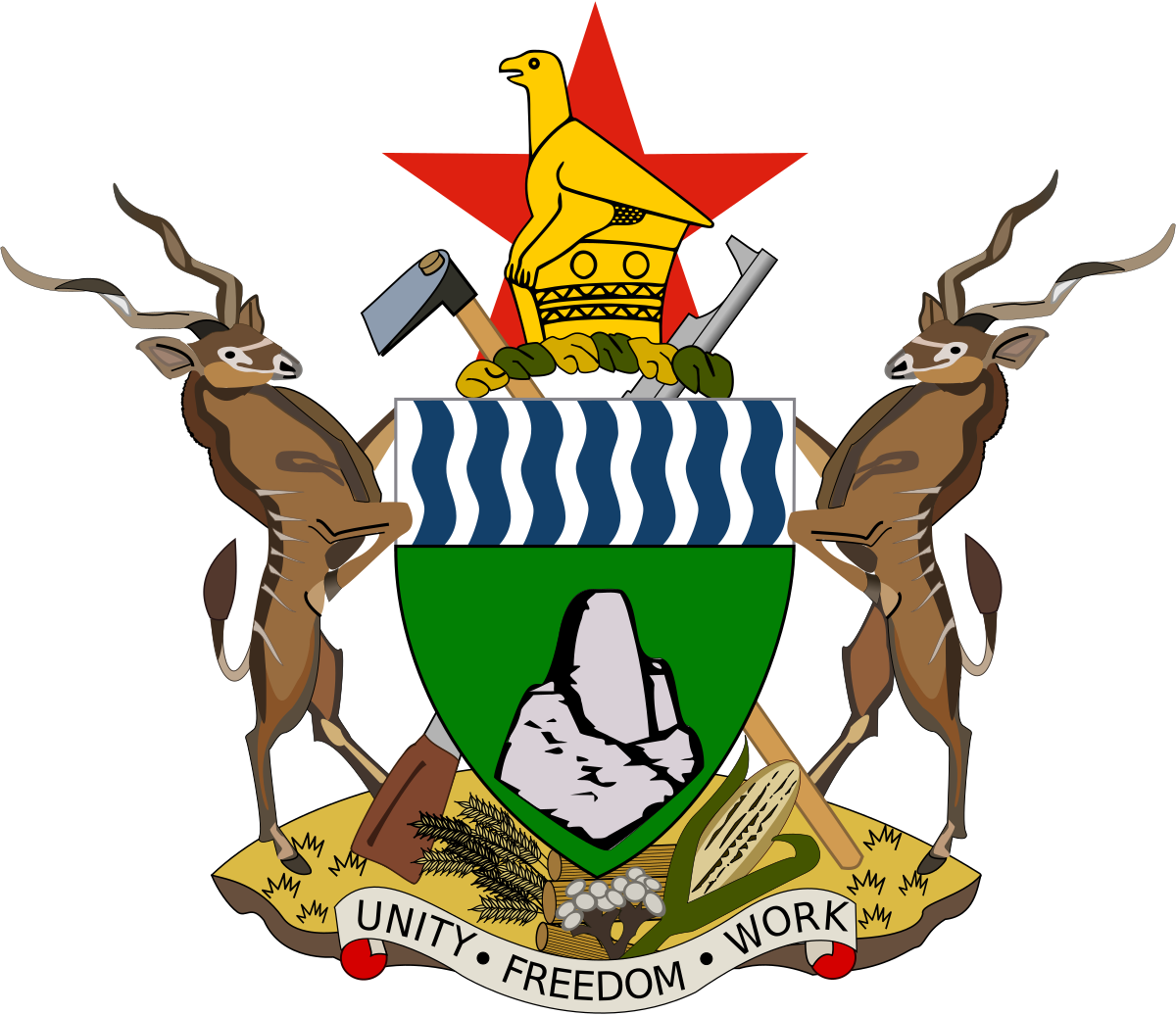Private sector urged to follow government on USD salaries
Share

Harare (New Ziana) -The private sector should follow the government and peg a portion of their workers salaries in United States dollars in order to cushion them from hyper-inflation, which is eroding incomes, a senior trade union official has said.
Zimbabwe Federation of Trade Unions (ZFTU) secretary general Kennias Shamuyarira said this in an interview with New Ziana on Monday.
He said it is high time the private sector introspects and accepts that paying workers exclusively in the local currency is no longer sustainable as it is being ravaged by inflation.
“The government has shown that paying salaries in United States dollars is attainable, what is left is for business to follow suit,” he said.
“Some of the salaries that are being negotiated in the National Employment Councils (NECs) are unbelievable and these will be in the local currency for that matter. And yet we know that businesses are oversubscribed with United States dollars.”
Shamuyarira said it is high time business stops blaming the government for the economic ills afflicting the country and instead, compliment it in it’s efforts to attain an upper middle income economy by 2030.
Starting this year, the government converted the US$75 COVID-19 and US$125 Cushion allowances that it was paying its workers into pensionable salary, which now attracts tax.
Shamuyarira said that the US$300 salary was squashed by tax is a debate for another day, what was important was the government had set a benchmark for business to emulate.
He said business should consider setting the minimum salary for their workers at US$250 or US$280 per month in order to cushion them from the high cost of living.
“It’s no longer time for the blame game, let us walk the talk,” he said.
“Employers should start empowering their workers by ensuring that their salaries have store of value. At the moment they are paying workers in RTGS knowing very well that they will still need to convert it to US dollars.”
While businesses in Zimbabwe are selling most of products exclusively in foreign currency, particularly the United State dollars, they have continued to pay workers in the local currency, citing viability issues.
New Ziana









